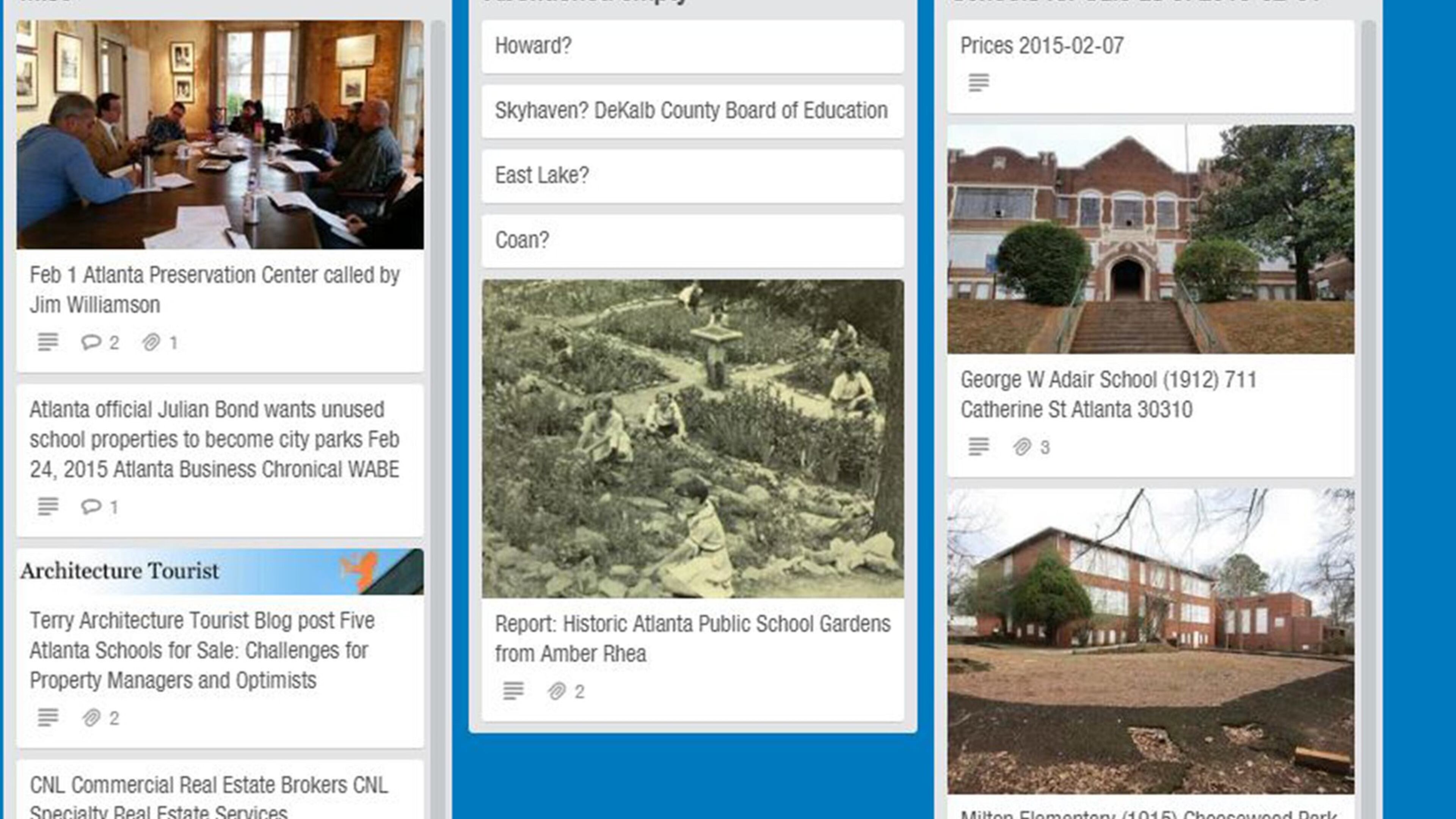Conflict between APS, Reed over school deeds may be near end

Atlanta Mayor Kasim Reed and city school officials could be closer to resolving their latest tug-of-war over school property and affordable housing.
The Atlanta Board of Education late last week formalized its commitment to creating more affordable housing. It tentatively adopted a policy mirroring a new city ordinance that requires a 15 percent set-aside for affordable housing from developers using public funds to build multifamily housing.
The board’s vote came in response to conditions the mayor set for transferring deeds to four shuttered school properties the school system has under contract to sell for $1.36 million.
The city’s possession of the deeds is a relic of the era before the city’s independent school system and has been part of a long-running dispute.
Courtney English, school board chairman, said the policy is meant in part as a “message, reaffirming the school system’s commitment to affordable housing.” Whether it will satisfy the mayor remains to be seen, English said. “I’ll hold the mayor to his word that he wants us to have affordable housing for firefighters, police,” he said.
But English said it’s doubtful that the properties under contract could be retroactively held to the 15 percent set-aside requirement, something Reed has insisted upon.
The mayor has refused for months to turn over the deeds. He said in his State of the City address in February that he would be releasing them, but in March he added a condition: that the school system require any sale of school property for a multifamily housing development to include the 15 percent set-aside for affordable housing.
The school board’s broader position in the deed dispute is unchanged, English said. “It’s our property,” he said. You “can’t put deed restrictions on something that doesn’t belong to you.”
Reed’s office said Friday that city officials are reserving comment until final passage of the school board’s affordable housing policy, likely in January.
The board has a lawsuit pending over the deeds and is asking a judge to rule that Reed and his successors must transfer them, no strings attached.
Reed told The Atlanta Journal-Constitution last week he’s not holding the school system to different standards. Rather, he said, he is attempting to address a critical need for housing in the city for traditionally lower-paid police officers and firefighters.
“I don’t view this position as a poisoning of the relations” between city and school officials, the mayor said. “I do view it as a very important public policy disagreement.”
School system officials say Reed’s stance on the deeds goes against a 40-plus year tradition of mayors – himself included – routinely approving 150 school property deed transfers to APS since 1973. The deeds became a sticking point a couple of years ago, when the city and APS were feuding over how much the city owed APS over tax revenues on Atlanta’s Beltline project.
The school board sued in March 2015 to gain the deeds to the long vacant George Adair School on Catherine Street, Milton Avenue Elementary in Chosewood Park, Wright Elementary School on Autumn Lane in Venetian Hills and Daleview on Daleview Drive.
APS and the city jointly announced in January that they had resolved the Beltline dispute. But there was no mention of the deed fight.
APS officials were preparing for the deed transfer when they first learned of the mayor’s condition in a call from the city’s attorneys March 3, said Glenn Brock, the school system’s attorney.
Reed says the city is losing thousands of affordable housing units at an alarming rate and has been trying to do something about it as new multifamily developments are proposed, including in Mechanicsville and Ponce City Market.
“So this has been a consistent request,” the mayor said last week. “It shouldn’t be alarming at all because we have to increase the number of affordable units.”
Kimberly Willis Green, spokeswoman for APS, said money from the sale of the former school buildings has not been earmarked for any specific projects, and millions of dollars are needed for strategies the district is planning to help its students. The district is also having to pay for lawn care, security and other upkeep of the vacant properties, she said.
According to APS, Adair is under contract for $412,000; Milton for $425,000; Wright, $510,000 and Daleview, $14,000.
Ironically, English said, Adair is planned for redevelopment as housing for lower-income artists.


